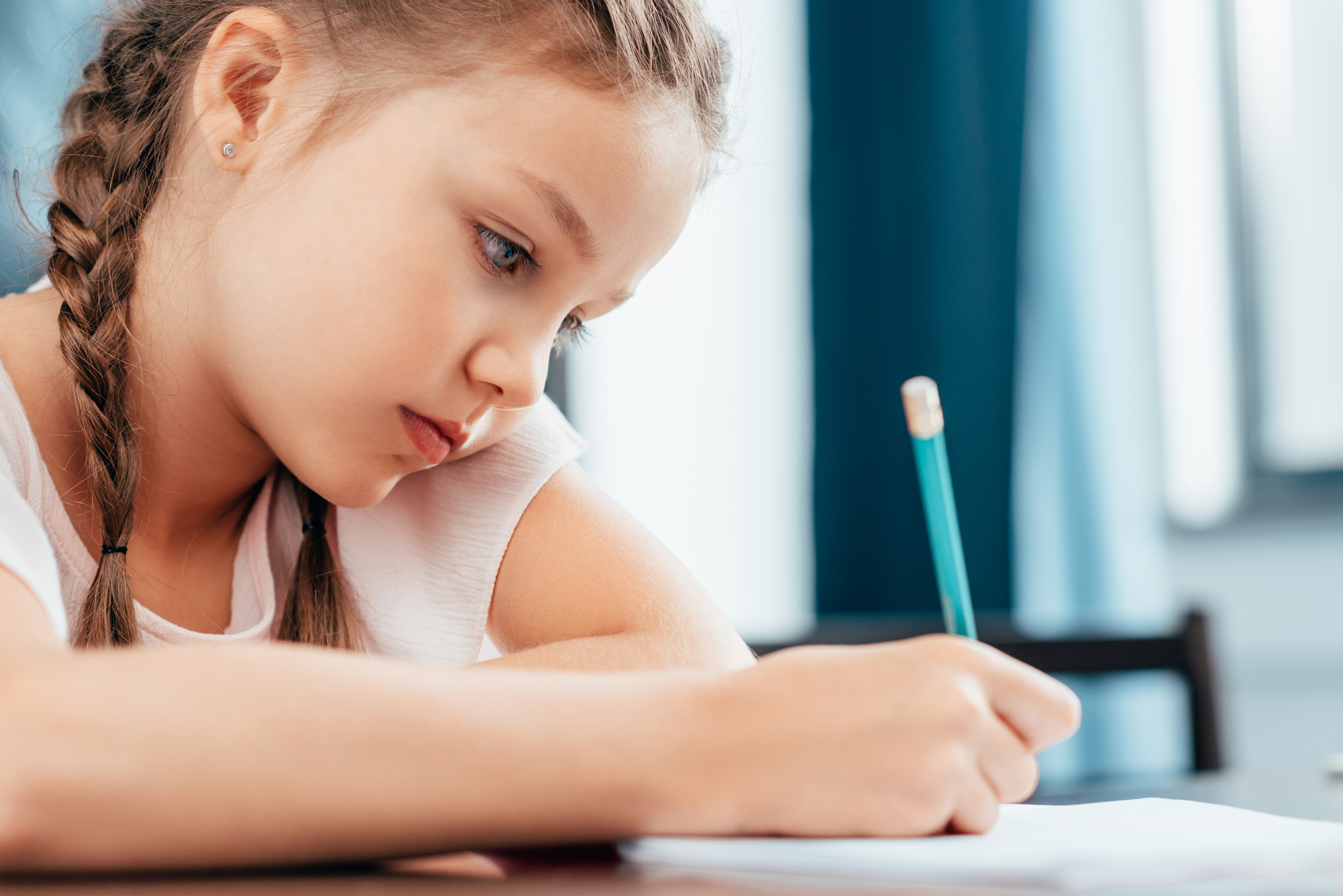The transition back to class once the summer is over can be a stressful time for both children and parents alike. While some anxiety is normal and to be expected, it’s important to know the difference between the usual back-to-school jitters and above-average anxiety levels that may need professional attention.
What might cause back to school anxiety?
According to recent studies, one in ten children between the ages of 6 to 11 suffer from anxiety and feel burdened by external pressures to aim higher and achieve more. Often children are faced with social, emotional and educational challenges once they’re back at school. Their anxiety may stem from a number of concerns such as separation from parents, not understanding the material presented in class and being accepted by their peers.
The good news is that most children adjust well once the term is underway and their anxiety levels soon drop back to normal within the first month or two of school. However, symptoms of anxiety that seem excessive and continue beyond the first few weeks of a new term may require the help of a professional.
Key anxiety signs to look out for
For some children – particularly those already struggling with anxiety disorders – returning to school can be a very stressful ordeal and their behaviour may begin to reflect this. Common signs that your child is experiencing above-average anxiety due to their return to school include:
- Increased physical complaints, such as stomach aches, fatigue and headaches
- Changes in their normal sleep pattern, such as waking you up in the night with worries or taking longer to fall asleep
- Avoidance of any school-related activities, such as teacher meet-and-greets or school tours
- Seeking constant reassurance and continually asking repeated questions such as ‘what if I don’t have any friends to sit with at lunch?’ or ‘what if my friends are not in my class?’
Here are four ways to help your child
As a parent, there are a few things that you can do to help your child in the lead up to heading back to school and to help make the transition a little smoother:
-
Highlight the things that make school good
There are a number of factors that make school appealing to kids. For starters, there’s the fun new school supplies and stationery, friends that they haven’t seen for a while, the playground area or making arts and crafts projects. So try to remind your child of these positive aspects of school.
-
Arrange some playdates
It’s a great idea to help your child reconnect with their old school friends, or even to make new ones. You could try to get a class list if possible and organise some playdates with ones they’re familiar with, as well new ones, to help them make friends that they’ll look forward to seeing on their first day of school.
-
Make sure they eat a balanced diet and get quality sleep
Eating a balanced diet, especially a protein-carbohydrate breakfast, along with getting a good night’s rest, is essential for mood, brain function and the ability to pay attention at school.
-
Remind them they’re not alone
Let your child know that others in their class are likely just as nervous about the first day of school too. Explain and reassure them that the teacher understands their back to school jitters and will make them feel comfortable and do their best to help your child settle.
Keep a close eye on back-to-school anxiety
You know your child better than anyone. If you get the feeling that their school anxiety is something more, such as a problem with a bully or an anxiety disorder, first have a chat with your child and their teacher.
Furthermore, if your child’s concerns about returning to school begin to interfere with their willingness to attend school or participate in other activities such as sports, you may need to consider consulting a registered psychologist who can help your child cope with their anxiety.
For additional help, visit https://headspace.org.au/eheadspace/.
Help for parents
Preparing your child for their first day of school or first day back after the holidays can be a stressful and hectic time. However, it’s important to still find the time to look after your needs and to relax where possible. Getting enough sleep and exercising, along with eating well, is a good idea during the back to school phase to help keep your energy up and stress levels low.
However, if you’re struggling with stress management, finding a healthy balance at home or any other personal issues, Positive Mind Works offer a secure, online platform to meet.
We’ll talk through your problems, and help you to create a strategy to help you overcome any challenges that you may be facing. And, we know how hectic family life can be – that’s why we offer evening and weekend appointments to fit around your busy schedule. Get started with an initial 20-minute appointment here at a time that suits you.









